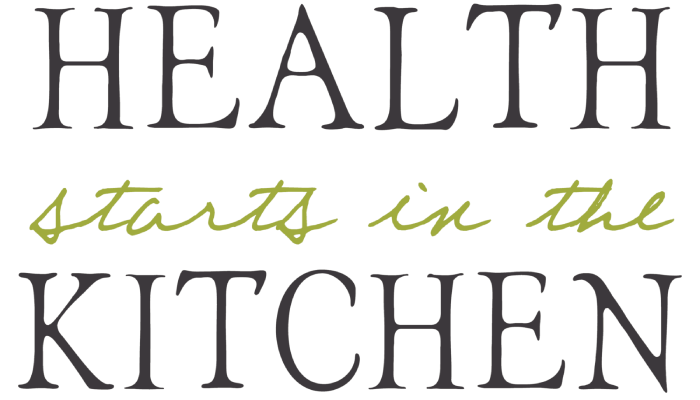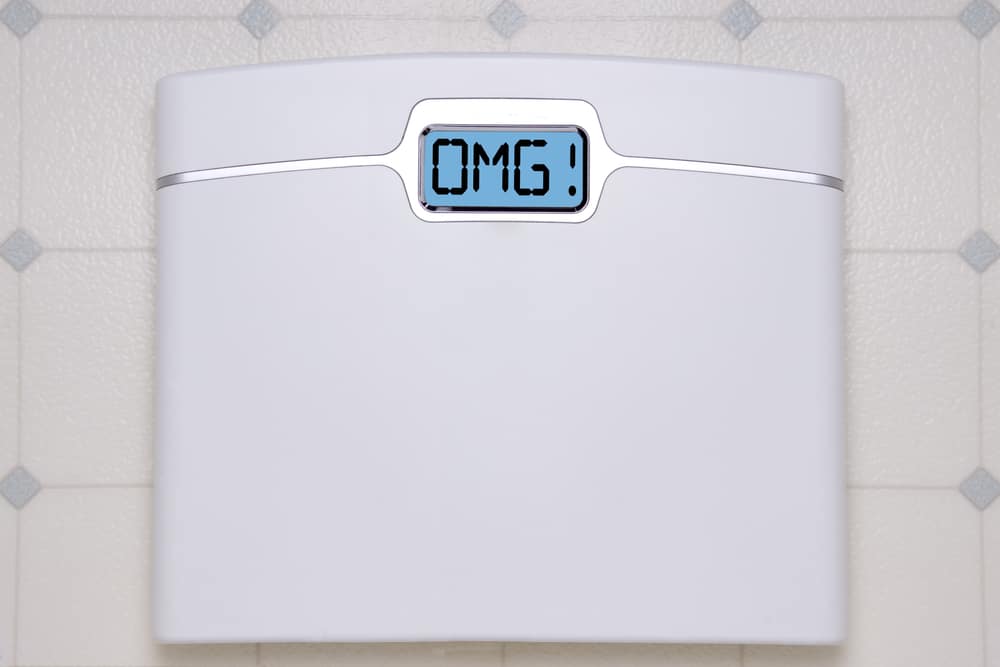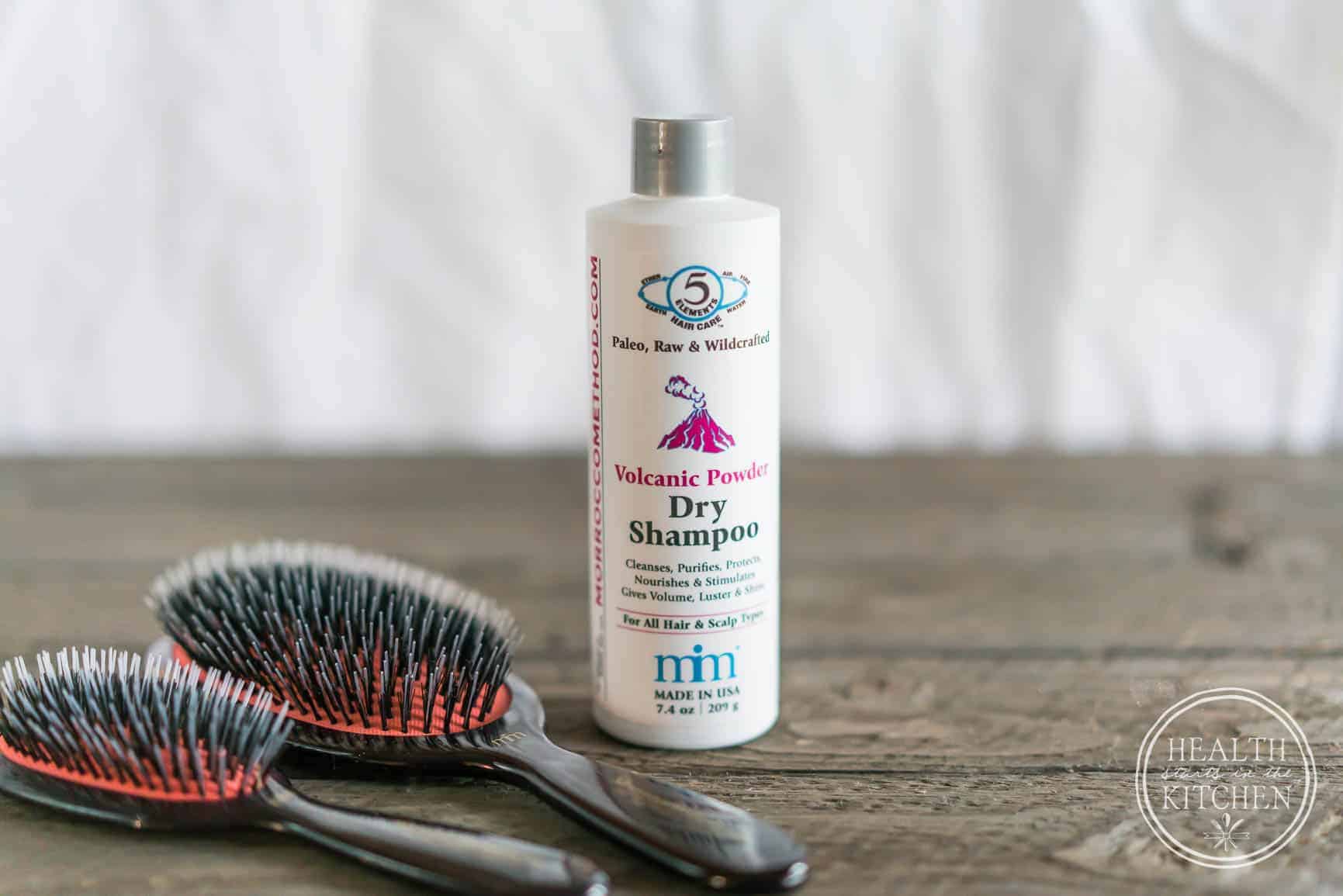Acne Alert: How Food Allergies May Be the Root Cause?
For years, I wondered why my morning hot cocoa ritual gave me an unwelcome surprise: a pimple. It wasn’t until my journey as a dermatologist began that I understood better the connection between food allergies and acne.
Acne is a common skin concern that affects people of all backgrounds and ages. It can show up on anyone, whether young models on magazine covers or mature women going through menopause. It’s a problem that touches and unites all of us.
In recent years, with the dietary revolution and studies linking food to various skin conditions, more and more people have been connecting the dots between what they eat and those sudden skin rashes, including acne breakouts.
This post will explain the link between allergies and acne. We’ll also discuss the essential aspects of diagnosing and treating acne, equipping you with the knowledge and awareness to understand the reasons behind those unexpected breakouts.
Disclaimer: The content is not intended to be a substitute for professional medical advice, diagnosis, or treatment. Always seek the advice of your physician or other qualified health providers with any questions you may have regarding a medical condition. Never disregard professional medical advice or delay seeking it because of something you have read in this article.
What is acne?
Acne is a common skin condition mostly seen in adolescents and young adults, with around 85% of 16 to 18-year-olds experiencing it. Still, acne can affect people of all ages.
Acne can come in different forms, from mild to severe:
- Blackheads and Whiteheads are milder types, called open and closed comedones. They look like tiny dark spots or white bumps on the skin.
- Moderate Acne: This is when you start seeing red and swollen bumps, known as inflamed papules and pustules. It’s more severe than the mild kind.
- Severe Acne: You can get big, painful lumps called nodules and cysts. This is the most severe form and needs a dermatologist’s help because it can leave scars and lead to infection.
Recognizing these forms of acne is crucial because there are instances where acne may be mistaken for other conditions such as herpes, rosacea, eczema, or even fungal infections.
What are the causes of acne?
Acne develops when hair follicles become clogged with excess oil produced by the sebaceous gland.
This blockage can cause the hair follicle to expand, creating the perfect environment for bacterial growth leading to more inflammation. This will result in inflamed, red bumps and pimples. If inflammation persists, these bumps can grow larger and more painful, giving rise to nodules and cysts.
Common causes of acne include:
- Excess Oil Production: When your sebaceous glands produce excessive oil (sebum), it can clog your pores and contribute to acne.
- Hormonal Changes: The hormone levels imbalance during puberty, pregnancy, menstruation, and menopause can trigger acne.
- Genetics: If your parents or close family members had acne, you may be more prone to it due to genetic factors.
- Diet: While the role of diet is still debated, some individuals find that certain foods, such as dairy products or high-glycemic-index foods, can exacerbate their acne.
- Cosmetics and Skincare Products: Pore-clogging or comedogenic cosmetics and skincare products can cause acne breakouts.
- Environmental Factors: Exposure to pollutants, high humidity, and sweating without proper cleansing can worsen acne.
- Medications: Certain medications, including corticosteroids, lithium, and birth control pills, can trigger or exacerbate acne as a side effect.
- Underlying Health Conditions: Some medical conditions, such as polycystic ovary syndrome (PCOS) or hormonal disorders, can contribute to acne.
- Stress: High-stress levels can increase the body’s production of certain hormones, potentially worsening acne.
How Allergies Can Trigger Acne?
When your body is exposed to certain substances that you’re allergic or sensitized to, which can range from pollen to specific foods, your immune system reacts as if this substance is a threat and produces antibodies to defend itself.
Your body shows different symptoms due to this immune response to tell you are allergic to this substance, such as itchy skin, hives, swelling, difficulty breathing, tingling sensation, various skin rashes, and even acne-like skin irritation.
Seasonal allergies can also aggravate acne. When you have a runny nose due to allergies, it can lead to dry skin. In response, your skin tries to compensate by producing more oil, which can contribute to acne breakouts.
Additionally, the pressure applied to the skin from using tissues to wipe your nose can further irritate the skin and potentially spread bacteria. Making it important to use a gentle skincare routine and practices during allergy seasons.
The development of acne due to allergies involves several interconnected factors. An allergic reaction can lead to chronic inflammation, an overproduction of sebum (oil), and disruption of hormonal and insulin levels—all of which can trigger acne flare-ups.
Food Allergies vs. Food Sensitivities
Food allergies and sensitivities are often confused but differ significantly in their immune responses. Food allergies result in immediate and severe reactions, while food sensitivities or food intolerances lead to milder, delayed symptoms. Both can play a role in the health of your skin.
What food allergies can cause acne?
The link between food and acne is complex, and the effect of specific foods can vary from person to person.
While not everyone will experience acne breakouts from these foods, some common dietary culprits that have been associated with acne in some individuals include:
- Dairy Products: Some studies have suggested a link between consuming dairy products, especially skimmed milk, and an increased risk of acne. This association may be due to the hormones and growth factors present in dairy.
- High-Glycemic-Index (GI) Foods: Foods that quickly raise blood sugar levels, such as sugary snacks, white bread, and sugary drinks, can lead to insulin spikes, which may contribute to acne development.
- Fried and Greasy Foods: Foods high in unhealthy fats and oils, like deep-fried items and fast food, may worsen acne for some individuals.
- Chocolate: There’s some debate about the impact of chocolate on acne. While no clear and proven connection exists, some claim that chocolate consumption can lead to acne breakout.
- Processed and Refined Carbohydrates: Foods made from refined grains and sugars, like pastries, cakes, and white rice, can cause insulin spikes and potentially contribute to acne.
- Whey Protein: Whey protein supplements, commonly used by athletes and bodybuilders, have been associated with acne in some cases due to their impact on insulin-like growth factor (IGF-1) levels.
It is worth mentioning that the role of diet in acne is an ongoing area of research, and more studies are needed to establish clear cause-and-effect relationships.
How do we diagnose food allergies?
Diagnosing food allergies involves a combination of medical history, physical examinations, and specific tests.
Here are some common tests and methods your doctor will use to help diagnose food allergies:
- Elimination Diet: This involves removing suspected allergenic foods from your diet for a set period and then gradually reintroducing them while closely monitoring for allergic reactions. This can help identify specific trigger foods.
- Food Diary: Keeping a detailed food diary can be helpful. Document what you eat and any symptoms or reactions that occur afterward. This can assist in identifying patterns and potential allergens.
- Skin Prick Test: This is one of the most common and standard allergy tests. A small amount of the suspected allergen is applied to your skin (usually on your forearm or back). If you’re allergic to that substance, you’ll develop a small raised bump or hive at the test site.
- Blood Tests: Blood tests, such as the specific IgE (immunoglobulin E) test, can measure the levels of antibodies your body produces in response to specific allergens. This test can provide information about your sensitivity to various allergens.
If you suspect a food allergy, seek professional medical evaluation and guidance to ensure accurate diagnosis and safe management.
How to treat acne caused by allergies?
1. Identify and Avoid your triggers and allergens:
A recent update highlights the importance of making dietary changes and considering elimination diets as a treatment approach for certain skin conditions.
Furthermore, consuming whole foods instead of processed ones can be beneficial in both treating these skin diseases and preventing associated complications.
2. Manage symptoms related to allergies :
If you experience allergies like runny nose, itching, or swelling, consult a healthcare provider for appropriate allergy medications. Antihistamines and corticosteroids can help alleviate allergic reactions.
3. Sticking to a skincare routine that suits your needs:
Maintaining a skincare routine that focuses on effective cleansing is essential for preventing the buildup of excess oil and dirt on your skin, which can worsen or even trigger acne.
4. Topical Acne Treatments:
Consider using over-the-counter or prescription topical acne treatments containing benzoyl peroxide, salicylic acid, retinol, or topical antibiotics.
5. Pay attention to gut health:
Research shows intestinal microbiota is crucial in forming acne lesions. Using probiotics can help create a balance of bacteria in your gut to help reduce skin concerns.
6. Consult a Dermatologist:
If acne persists, worsens, or does not respond to over-the-counter treatments, consult a dermatologist. They can help assess your skin condition, recommend appropriate treatments, and tailor skincare products.
Conclusion
While the relationship between dietary choices and skin health is complex and varies among individuals, emerging research suggests that food allergies and intolerances can play a role in acne development for some.
Understanding this link further guides us into the importance of a holistic approach to skincare, considering not only topical treatments but also dietary factors and allergens.
Although a specific food may trigger acne for you, it may not have the same effect on someone else. Keeping a food journal can help identify what angers your skin. Moreover, seeking medical help when needed will help you start a personalized treatment plan for healthier and clearer skin.
This is a guest post written by Shatha Rawashdeh, M.D founder of skinsimpletrue.com. I am a dermatologist with more than a decade of experience in cosmetics. I offer a wide range of medical procedures, including Botox, Dermal fillers, and laser treatments. However, my real passion lies in providing patients with accurate and evidence-based information, which empowers them to make informed decisions on their beauty journey.






